detail profile gabriel latorre
Peran Yang Di Mainkan Gabriel Latorre
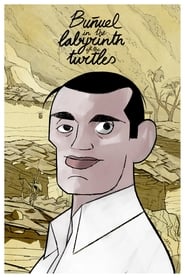 Paris 1930 Luis Buuel is penniless after...
Paris 1930 Luis Buuel is penniless after...Buñuel in the Labyrinth of the Turtles 2019
Paris, 1930. Luis Buñuel is penniless after the scandal surrounding the release of his last movie. Sculptor Ramón Acín, a good friend, buys a lottery ticket and promises Buñuel that he will pay for his next movie if he wins the prize.
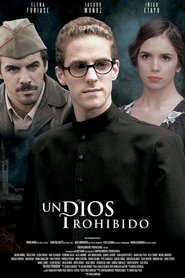 August 1936 the beginning of the Spanish...
August 1936 the beginning of the Spanish...A Forbidden God 2013
August 1936, the beginning of the Spanish Civil War. 51 members of the Claretian community of Barbastro (Huesca) are martyred, die for their faith. The film recounts the last weeks of his life, since they are held until they are finally shot. During that time, they perform various writings they talk about their situation, of his fellow captives, people who saw them. These writings have been the basic testimony used to narrate this real fact in film version.
 Interwoven emotions and struggles of three...
Interwoven emotions and struggles of three...Chrysalis 2011
Interwoven emotions and struggles of three women of different generations aiming to build the lives they desire, their own future, love and dreams. All of them lose the love of their lives and they will have to pursue their happiness and fight for their dignity in a dark and hostile word.
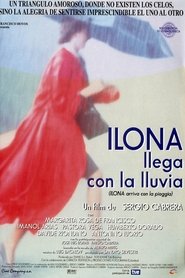 Maqroll Ilona and Abdul all share...
Maqroll Ilona and Abdul all share...Ilona Arrives with the Rain 1996
Maqroll, Ilona, and Abdul all share a common dream: to sail the world in a tramp-steamer. But who could afford such a thing? Over the years they have become separated. Alone in Panama City, smuggler Maqroll is finding neither great success nor happiness — until the tropical rains come, bringing Ilona: friend, lover, and partner in crime. Abdul, in Morocco, has found a steamer to suit them. In Panama, Ilona and Maqroll begin a new scheme, in search of impossible wealth. But fate has further twists in store.
 At the outbreak of the Spanish...
At the outbreak of the Spanish...Freedomfighters 1996
At the outbreak of the Spanish Civil War, the nun Maria is forced to flee her convent. She takes refuge in a brothel, until it is liberated by a woman's anarchist group. Maria joins the group and eventually goes to the front. The women's group faces the problems of fighting not only the nationalists, but also factions on the left seeking to impose a more traditional military structure.
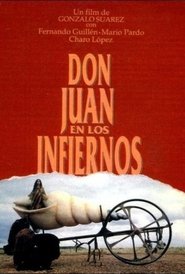 While the last remnants of the...
While the last remnants of the...Don Juan in Hell 1991
While the last remnants of the Empire are extinguishing and King Philip II (1559-1598) is dying in the shadow of lost splendor, a man, defying the divine and human justice, turns his passions into fate and his will into law. His fame is as great as his pride. His conviction, eternal. His name, a legend: Don Juan. Free adaptation of "Don Juan" by Moliere.
 Set in 50s Spain a young...
Set in 50s Spain a young...Lovers: A True Story 1991
Set in '50s Spain, a young man leaves the army and looks for a job so he and his fiancée can get married. He rents a room from a widow, and shortly begins a torrid affair with her. The fiancée figures it out and decides to win him back by offering herself to him and taking him to meet her family. Ultimately he has to make a decision. Based on a true story.
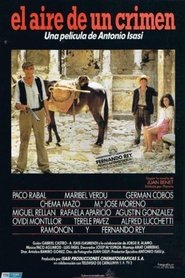 Spain 1950s The corpse of an...
Spain 1950s The corpse of an...Scent of a Crime 1988
Spain, 1950s. The corpse of an unknown person appears in the town square of Bocentellas, within the mythical territory of Región. The inhabitants will ask for help to Captain Medina, young officer in command of a nearby military fort, until the arrival of the judge.
 April 1940 Manolo 16 years old and Jesus...
April 1940 Manolo 16 years old and Jesus...Year of Enlightment 1986
April, 1940. Manolo, 16 years old, and Jesus, who is just 8, are taken by their older brother Pepe, a lieutenant in the Army, to a sanatorium for children suffering from tuberculosis, situated on the border with Portugal. Once in the sanatorium, Manolo, surrounded by boys all much younger than he is, feels a bit like the cock of the walk since the only other man around is the handyman Emilio who looks after the gardens and does whatever needs to be done about the place. His wife, Rafaela, is the cook. Manolo meets Irene, a falangist who runs the sanatorium, and the school teacher, Miss Transito, a crabby spinster. He has his first sexual experience, albeit as a voyeur, with his nurse Vicenta. When she has to leave, her place is taken by a girl from the village, Maria Jesus, with whom Manolo falls hopelessly in love. A relationship grows up between them which will mark them both for ever.
 Ana is a middle aged woman...
Ana is a middle aged woman...Hay que deshacer la casa 1986
Ana is a middle aged woman who many years ago decided to start a new life in Paris. Now she must return to her hometown after the death of her parents, since they have left her an inheritance. There she meets Laura, her only sister, with whom she has to share the money received and, especially, an old house located in the center of Guadalajara. Now, the two women will have to leave the differences and problems behind that have arisen in the past to catch up and recover the fraternal relationship. Written by lament
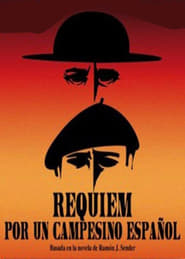 Hypocrisy and betrayal are the two...
Hypocrisy and betrayal are the two...Réquiem por un campesino español 1985
Hypocrisy and betrayal are the two dramatic pivots in this effective, emotionally gripping tragedy about the life and death of Paco (Antonio Banderas), a Spanish peasant who had been fighting against the feudal landowning system that kept farmers impoverished. Paco's life is told in flashbacks by a priest (Antonio Ferrandis) who is seen officiating at an anniversary mass attended by three wealthy landowners and no one else. The priest recalls Paco's baptism, his communion, his marriage ceremony and then his work for the peasants as he advocated and led them in a land-reform movement. The rest of the story will rest heavy on the priest's conscience, as he looks out at his empty church.
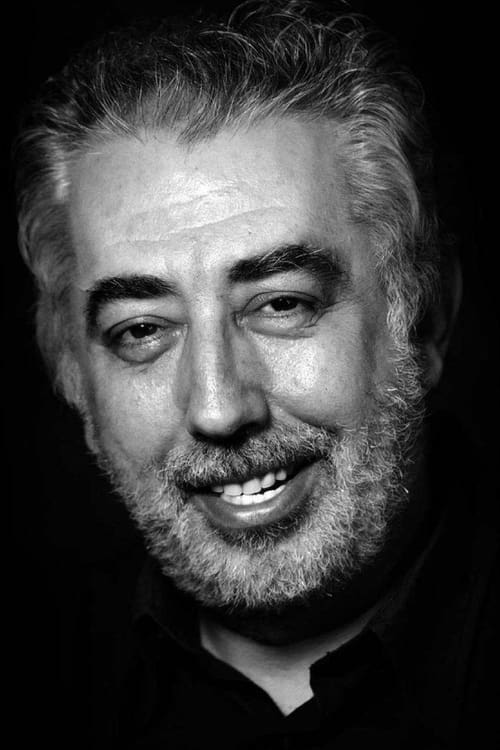
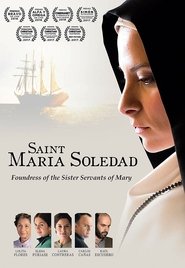 The inspiring story of the beginnings...
The inspiring story of the beginnings...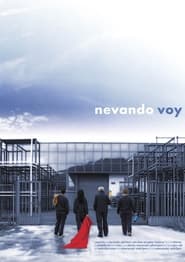
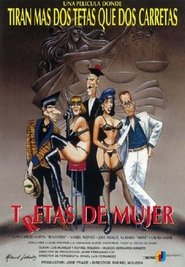
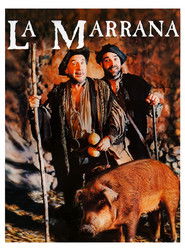 After spending three years in captivity...
After spending three years in captivity... Pepa resolves to kill herself with...
Pepa resolves to kill herself with...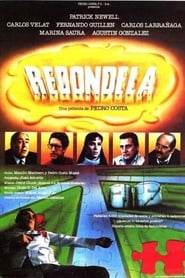 4000 tons of oil have been stolen...
4000 tons of oil have been stolen...